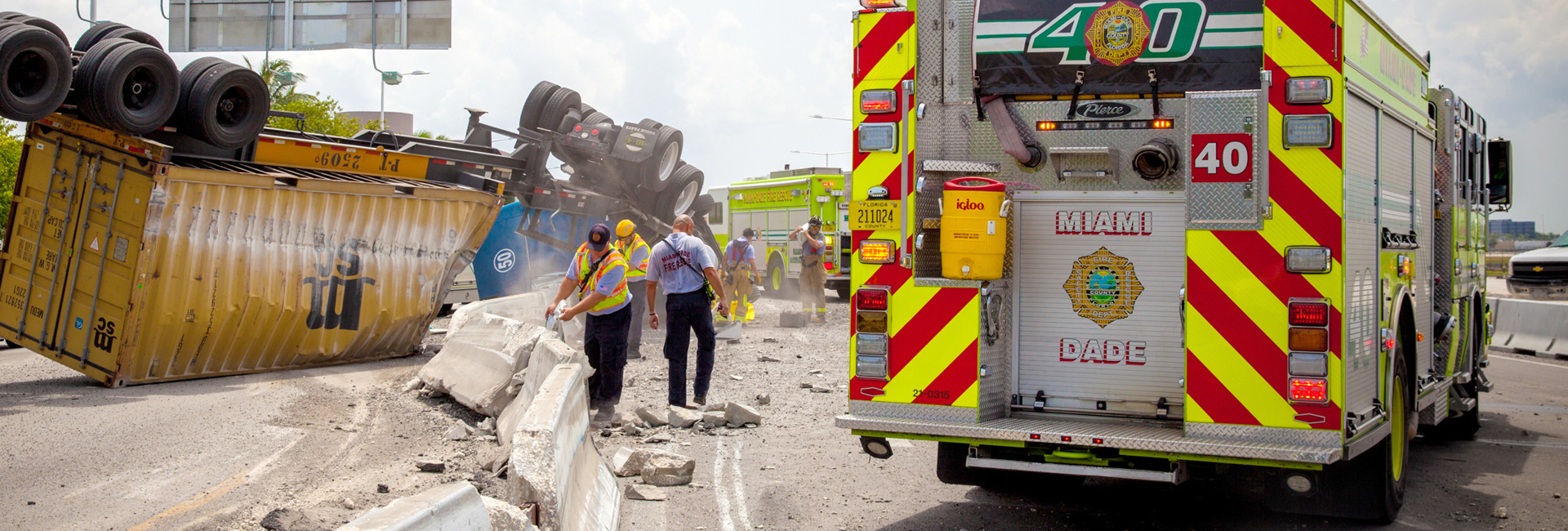Safety Tips: Smoke Alarms
Smoke alarms are the single most important means of preventing fire-related deaths in the home. They warn people who would otherwise be overcome by toxic smoke gases in their sleep. Properly installed and maintained, they will give residents those crucial minutes they will need to escape.
- Each year there are over 400,000 residential fires that cause nearly 4,000 deaths, over 18,000 injuries and $4.7 billion in property losses.
- More than half of all fire fatalities occur in homes without a working smoke detector.
- In a fire, smoke spreads farther and faster than fire. More people die from breathing smoke than from burns.
- When people are asleep, deadly smoke fumes can cause them to sink into unconsciousness and then death, long before flames ever reach them.
Smoke alarms in the market fall under two basic categories: ionization and photoelectric. Ionization smoke alarms react quickly to open flame fires; photoelectric smoke alarms react to smoldering fires. A dual sensor smoke alarm combines the features from ionization and photoelectric smoke alarms.
In addition, smoke alarms can be battery-operated or hard-wired. The difference between the two is that hard-wired smoke alarms are linked together so when one alarm goes off, all the alarms in the home activate.
Battery-operated smoke alarms can be powered by a 10-year non-replaceable lithium battery or by a disposable 9-volt battery.
When installing smoke alarms in the home, be sure to follow the instructions provided by the manufacturer. Smoke alarms should be installed on every floor of your home as well as on the inside and outside of every bedroom.
To maintain your smoke alarms, you must test the alarms monthly. For battery-operated smoke alarms with a disposable battery, replace the battery twice a year. For battery-operated smoke alarms with a lithium battery, since it is non-replaceable, replace the entire smoke alarm according to the manufacturer’s instructions.
A trick to remember when it’s time to change your smoke alarm batteries is to change them when you change your clocks (fall backward, spring forward) to make it a habit. For hard-wired smoke alarms, replace the backup battery at least once a year. A smoke alarm should be replaced every 10 years.

Fire Rescue
Raied "Ray" Jadallah
R. David Paulison Fire Rescue Headquarters
9300 NW 41st Street,
Miami, FL 33178-2414
786-331-5000

